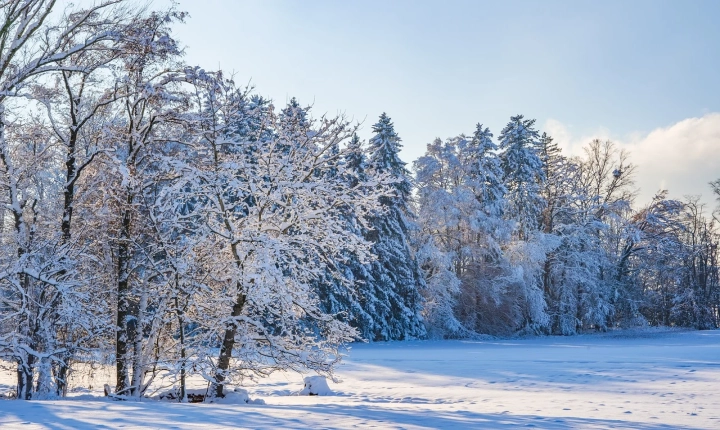Can You Copyright an AI-Generated Image?
As technology continues to advance, the realm of artificial intelligence (AI) has expanded into various industries, including the creative world of art and design. With AI algorithms now capable of generating stunning and complex images, a new question arises: can these AI-generated images be copyrighted?
Currently, there is ambiguity surrounding the copyright status of AI-generated images. The traditional understanding of copyright law is that the creator of an original work holds the rights to that work. However, in the case of AI-generated images, it is the AI algorithm that is creating the image, rather than a human artist. This raises questions about whether these images can be considered original works and who should be entitled to the copyright.
One key aspect of copyright law is the requirement for originality. In many jurisdictions, for a work to be eligible for copyright protection, it must be the result of the author’s own intellectual effort and not simply be a copy of existing work. Proponents of copyright for AI-generated images argue that the process of training the AI algorithm and the decisions made by the developers contribute to the originality of the resulting images.
However, opponents of copyright for AI-generated images point out that the lack of human creativity and intention in the creation process diminishes the notion of originality. They argue that since the AI algorithm operates based on predefined parameters and datasets, its output may not be truly original in the same way as a human-generated work.
The ongoing debate over the copyright status of AI-generated images also brings into question the notion of authorship. Copyright law typically attributes authorship to the human creator, but in the case of AI-generated images, there is no clear human author. This raises complex issues related to ownership and attribution of these artworks.
Without clear legal guidance on the copyright status of AI-generated images, there is uncertainty for artists, developers, and the wider creative community. The lack of legal clarity could potentially hamper the development and dissemination of AI-driven creative works. Additionally, it creates challenges for those seeking to protect their rights or use AI-generated imagery in a legally compliant manner.
As the use of AI in creative fields continues to grow, it is becoming increasingly important for lawmakers and legal experts to address the copyright implications of AI-generated works. Clarifying the copyright status of AI-generated images will not only provide guidance to stakeholders but will also help ensure that the rights and interests of creators, developers, and the public are appropriately balanced.
In conclusion, the question of whether AI-generated images can be copyrighted remains a complex and unresolved issue. While some argue that the involvement of human creativity and decision-making in the development of AI algorithms validates the originality of AI-generated images, others contend that the lack of human authorship raises significant challenges for copyright law. As the intersection of AI and creativity continues to evolve, addressing this issue will be crucial for establishing a legal framework that supports innovation and protects the interests of all involved parties.
